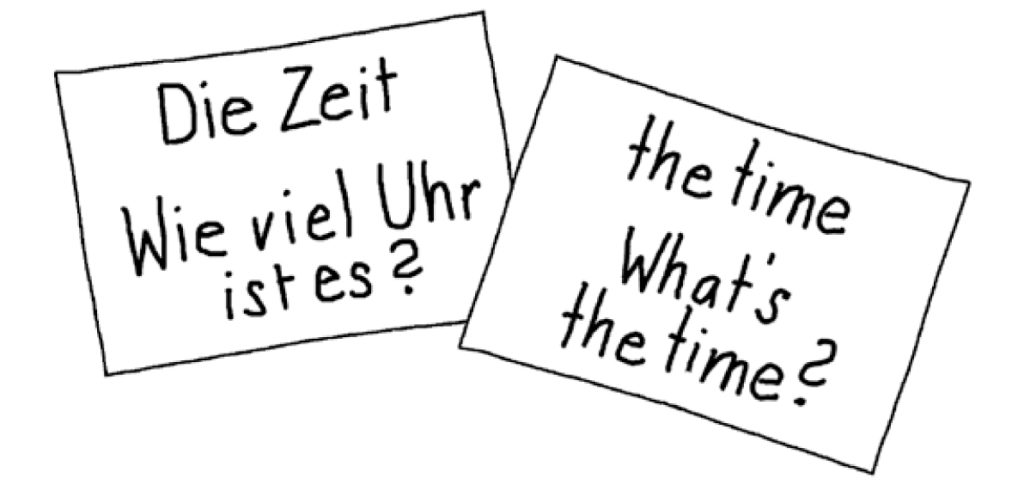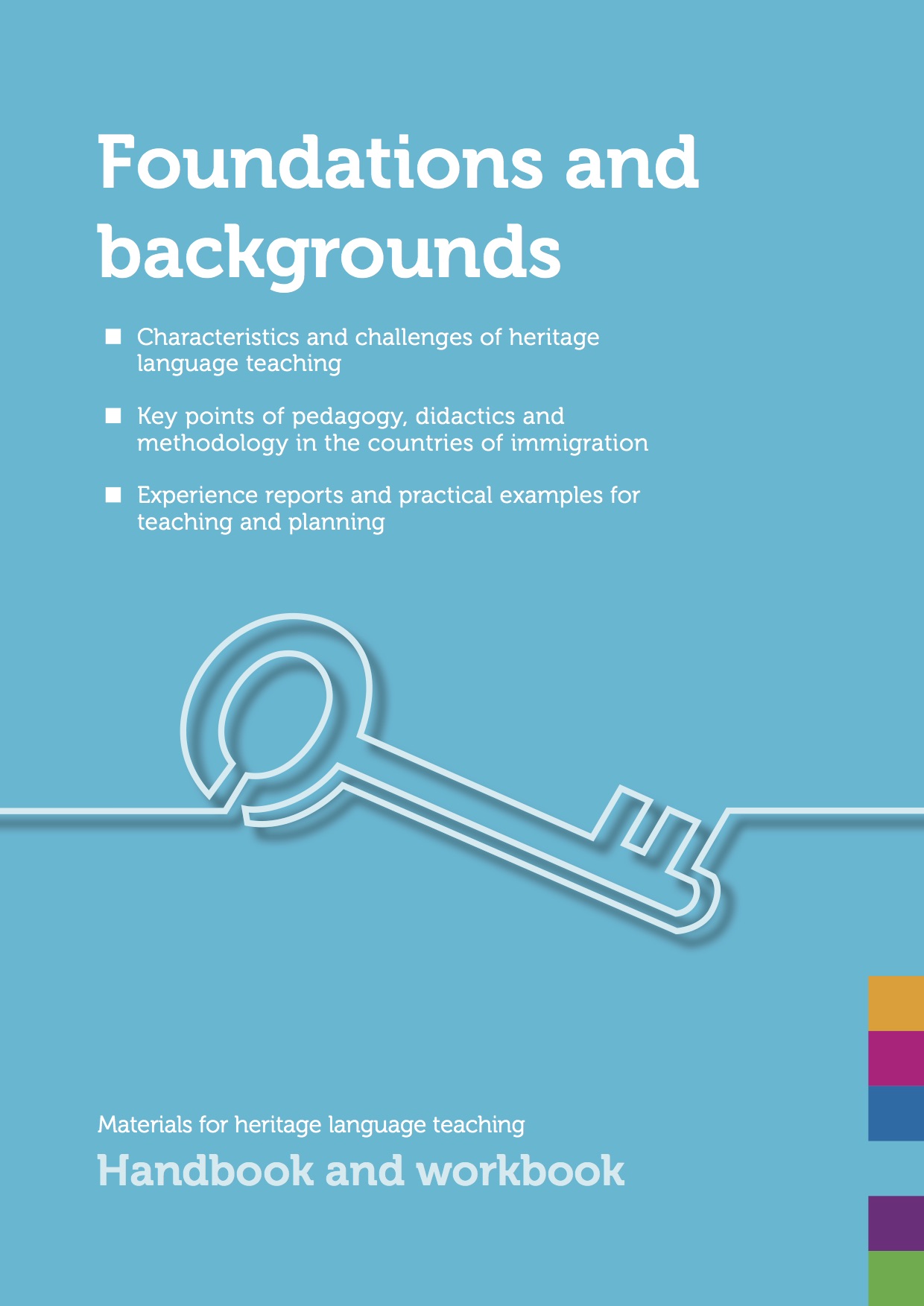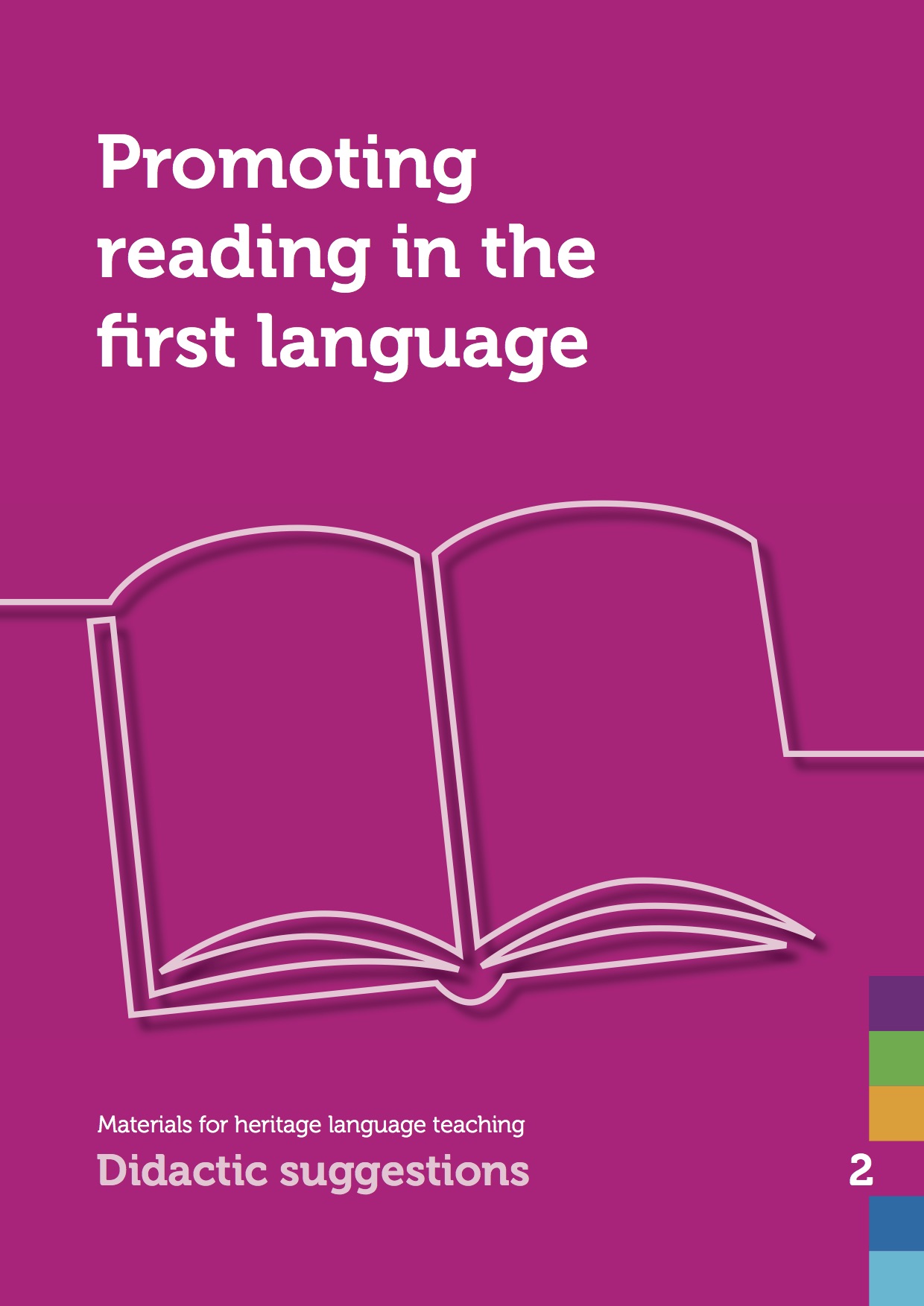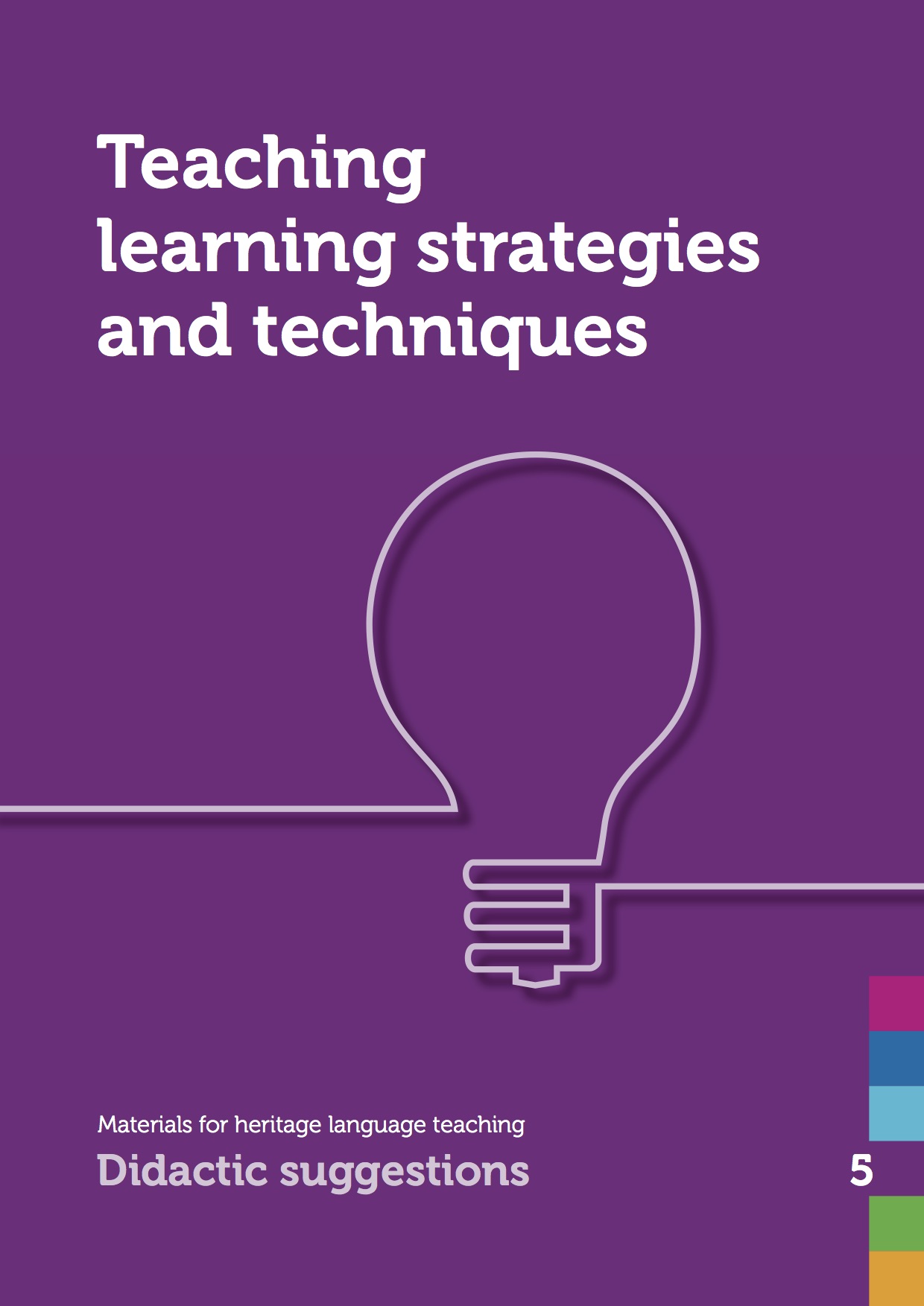Why practicing at all?
Practicing is always important when …
… you must not forget something (e. g. words from another language, the 1 x 1, a poem). Without practice, you would right away forget again what you have learned.
… you have not yet managed to do something well (riding a bicycle, writing neatly, speaking another language). It does not happen without practicing!
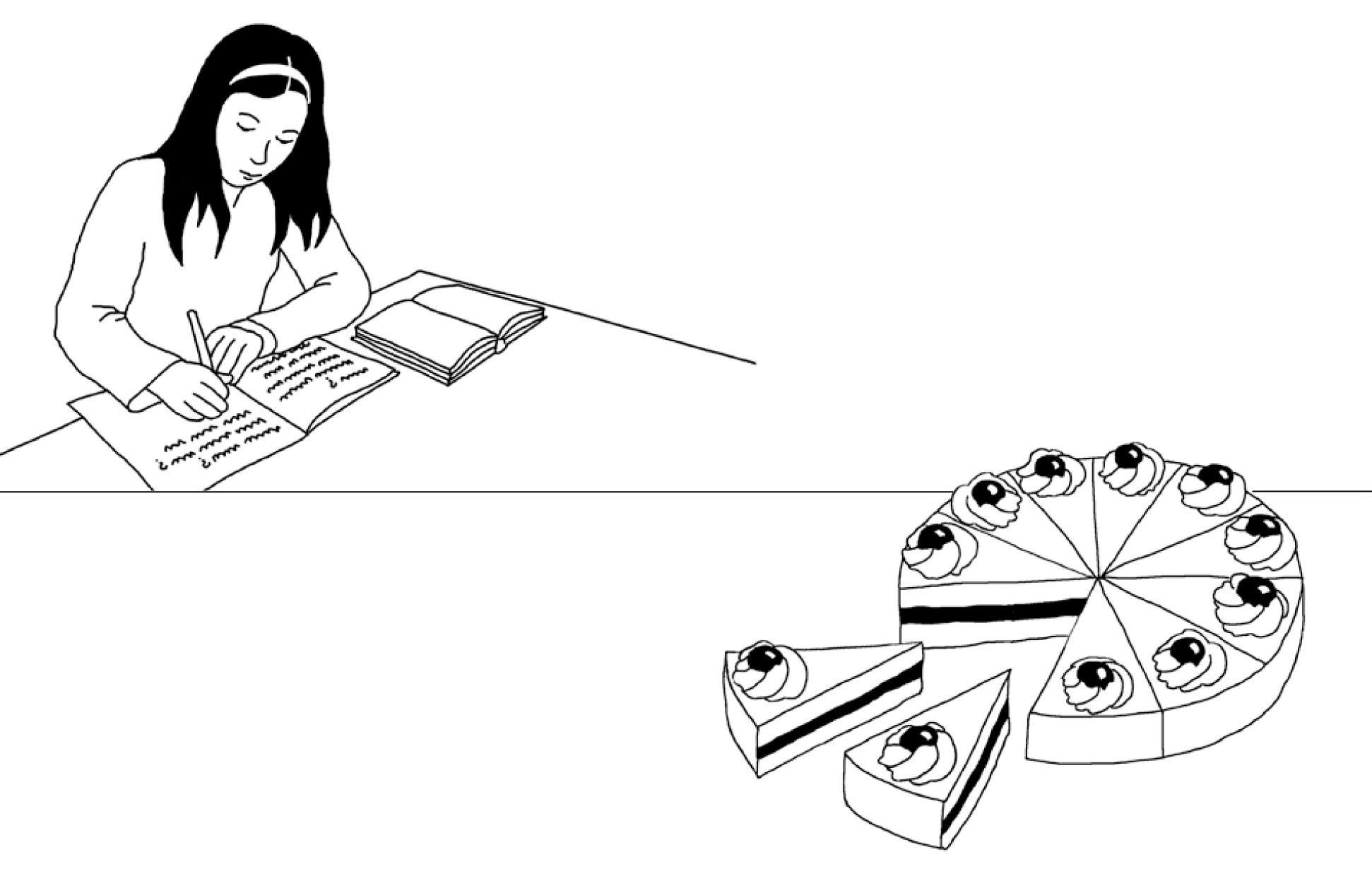
Try out the following tips and techniques!
1.1
Divide your task into smaller steps or portions.
Don’t practice everything at once; practice one part after another.
Example: if you have to learn 35 words (for correct spelling or for a foreign language): divide them in 5 portions (5 x 7 words). Practice one portion after the other.
1.2
Do not practice the same thing for too long; take a short break every 15 minutes!
Better than practicing at a stretch for an hour are three shorter practice sessions of 15–20 minutes.
1.3
Absolutely repeat what you have practiced various times during the day for various days!
Only this way does it remain permanently in your head.
1.4
If you need to learn something by heart, let someone question you.
If you need to memorize something (e. g. words, a poem, the 9 series, etc., let a classmate, a sibling, or your parents question you. This is more fun than when you learn alone, and you know right away what you still have not yet mastered.
1.5
What you practice before falling asleep, often remains firmly etched in your memory!
Repeat the difficult English words, the poem that you have to know by tomorrow, the 12 series or whatever you have to learn directly before falling asleep. Then, turn off the light and amaze yourself in the morning by how well you suddenly know what you have practiced!

1.6
What you can illustrate with a sketch, a drawing or a diagram, you can store better than what you just think through in your head.
The sketch will help you to think through what you have learned. It is a good tool for supporting the memory.
1.7
A tip for learning words in a foreign language:
These words are often easier to learn if they are embedded in a short sentence. For instance, do not just learn an isolated word, such as “the night”, but write a short sentence with it (e. g. “The night is dark.”) and learn it in context.
